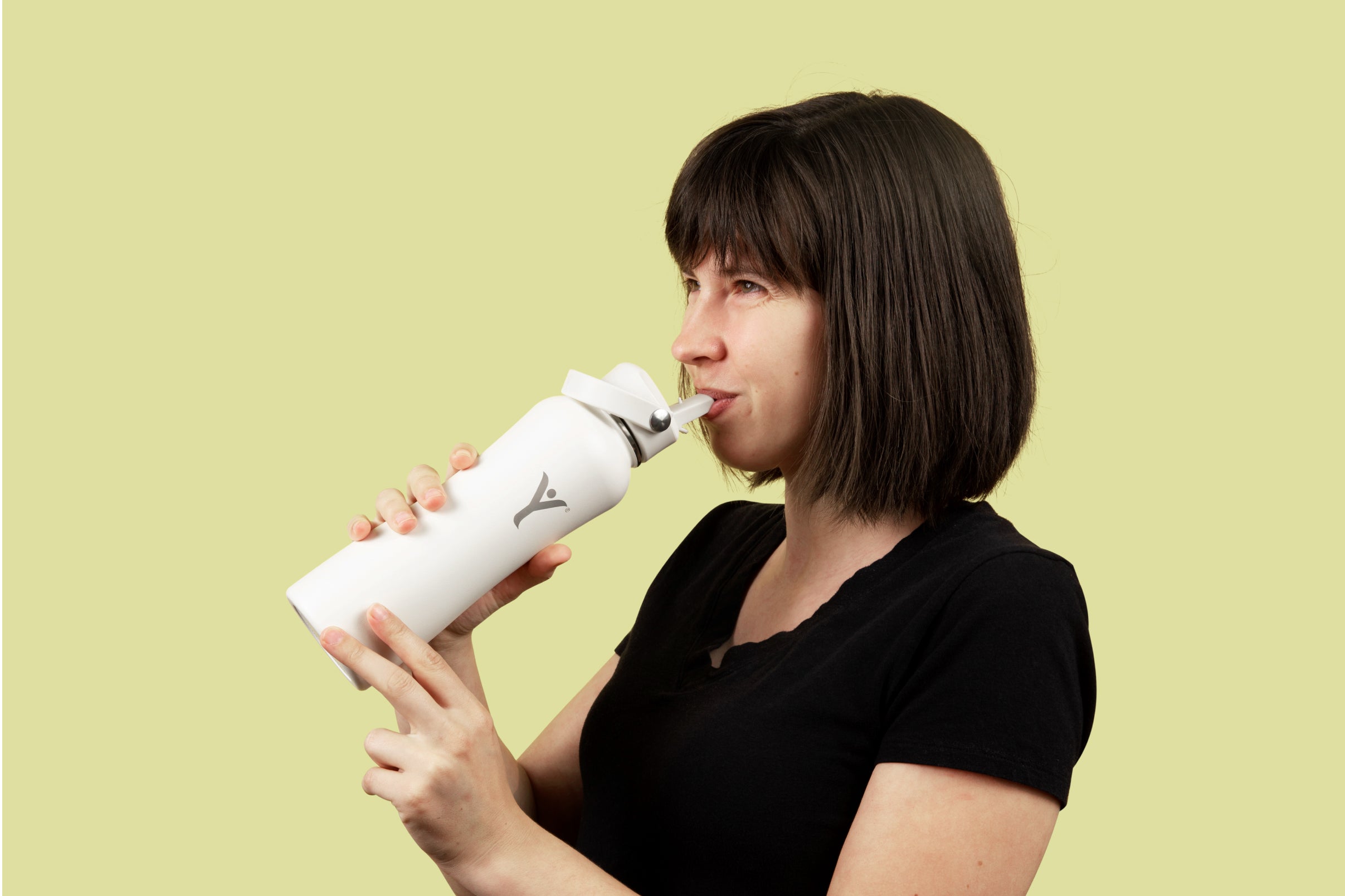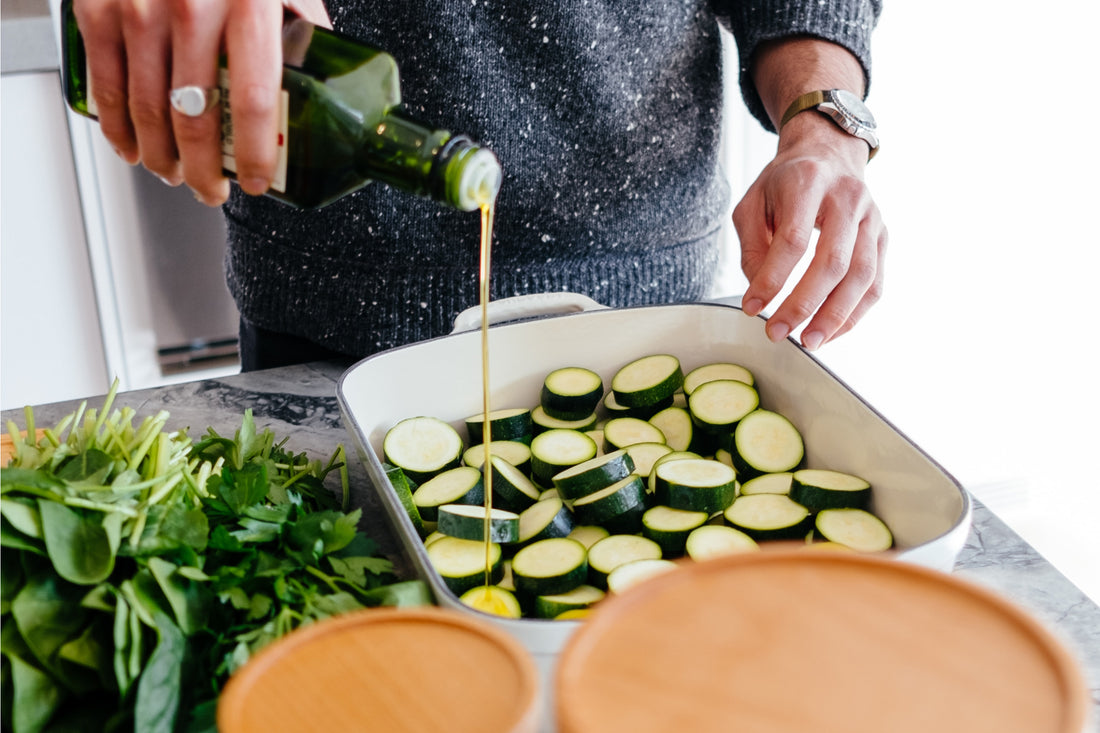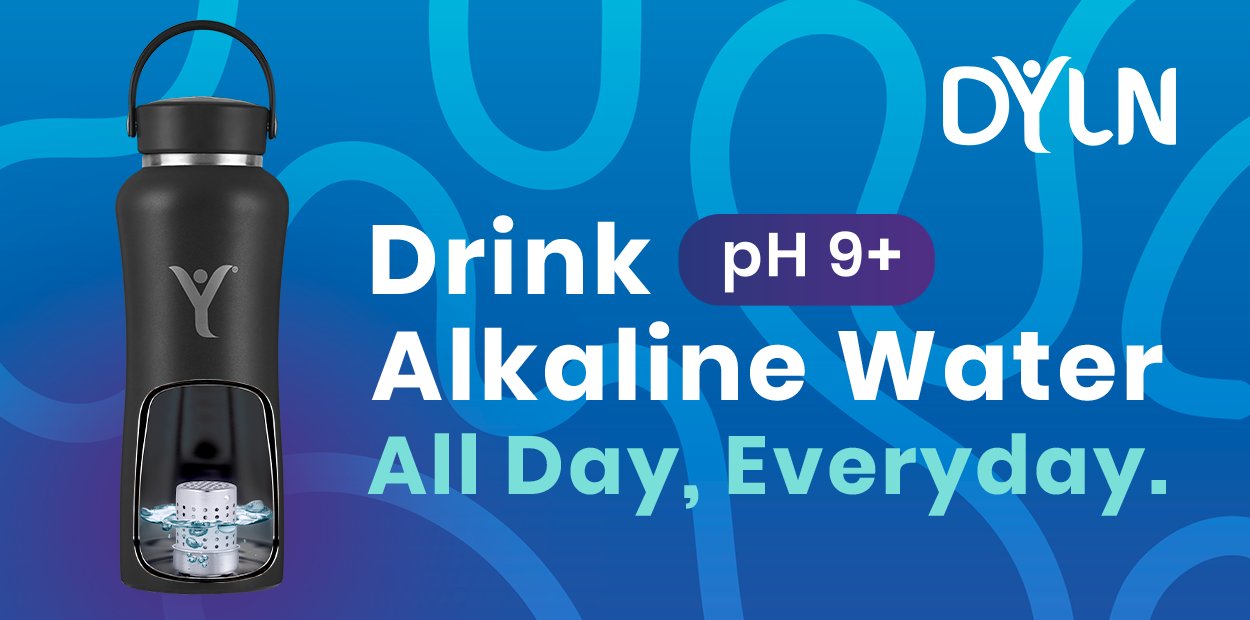¿Alguna vez has escuchado a alguien decir: "El agua de esta marca tiene un sabor increíble" o "Qué asco, esta agua tiene un sabor horrible" y pensar: "Hmm, el agua tiene un sabor específico"?
Si es así, no está solo. La mayoría de las personas no asocian el sabor con el agua común y corriente.
Sin embargo, la realidad es que, si tomaras un gran sorbo de agua del grifo de otra ciudad o de agua filtrada que normalmente no bebes, lo más probable es que notes un cambio en el sabor. No nos creas, prueba una nueva fuente de agua. Los resultados pueden sorprenderte.
Dicho esto, hay una buena razón por la que las personas pueden percibir el sutil sabor y, a veces, incluso el olor del agua. Y esa razón o secreto es algo que creemos que puede resultarle muy interesante.
¡Hoy te explicaremos en profundidad por qué el agua tiene mal sabor, el secreto para tener agua con excelente sabor y mucho más!
¿Por qué el agua tiene mal sabor?
Existen diversas razones por las que el agua puede tener mal sabor. Entre ellas se encuentran las sustancias químicas, los aditivos, los contaminantes ambientales, las concentraciones de metales, los compuestos naturales y algunas más.
 Foto de Pavel Danilyuk de Pexels
Foto de Pavel Danilyuk de Pexels
Por ejemplo, las quejas más habituales sobre el mal sabor del agua suelen estar relacionadas con el cloro. Sí, es cierto. Muchas comunidades y empresas de agua embotellada utilizan niveles inofensivos de este químico para hacer que el agua sea potable. Es un desinfectante esencial. Sin embargo, lamentablemente, este aditivo también tiene un aroma y un sabor fuertes.
Pero la razón de un sabor malo, no, extraño o diferente no termina allí.
De hecho, ya que estamos hablando de aditivos, ¿sabías que cada agua tiene un camino diferente desde su origen hasta la boca? Desde la lluvia o el río hasta una planta procesadora o embotelladora, hasta llegar al agua potable, el agua adquiere sabores únicos en su camino . Por lo tanto, cada lote de agua debe tener un sabor diferente. El agua que proviene de Colorado tendrá un sabor diferente al del agua que proviene de Maine.
En realidad, muchas personas que viven cerca del océano manifiestan un ligero olor y sabor a azufre en el agua. Por otro lado, las personas que viven cerca de las montañas pueden notar un aspecto calcáreo. Todo esto se debe a lo que hay en el suelo cercano y a los ingredientes únicos.
¿Interesante? Sí, nosotros también lo creemos.
¡El secreto!

En pocas palabras, el secreto para que el agua tenga un sabor delicioso es el contenido de minerales o, en otras palabras, los sólidos disueltos totales (TDS). Mejor aún, ¡estos minerales que alteran el sabor suelen tener efectos secundarios positivos!
Dicho esto, veamos rápidamente el agua corriente normal frente al agua mineral.
En los EE. UU., el agua del grifo debe cumplir con la Ley de Agua Potable Segura . Según esta ley, el agua proviene de fuentes superficiales o subterráneas, se lleva a instalaciones de tratamiento, se purifica y luego se analiza para detectar una cantidad limitada de contaminantes y se pueden agregar minerales.
El agua mineral, por otro lado, proviene de depósitos subterráneos o manantiales minerales de montaña y debe contener al menos 250 partes por millón de TDS . Se embotella en el mismo lugar donde se recolecta y, a menudo, es reconocida por su pureza.
Esta pureza se asocia a menudo con el delicioso sabor del agua mineral.
¿Qué minerales se encuentran en el agua de excelente sabor?

La verdad es que tanto el agua potable del grifo como el agua filtrada contienen cantidades mínimas de innumerables minerales. Sin embargo, hay algunos minerales que destacan y que suelen añadirse al agua para mejorar su sabor. Entre ellos se encuentran el zinc y el sílice, así como:
Calcio : un mineral natural muy abundante que ayuda a fortalecer el cuerpo. El calcio llega al agua a partir de rocas disueltas. Estas rocas pueden incluir piedra caliza, mármol, calcita, dolomita, etc. El agua con alto contenido de calcio se considera dura y tendrá un sabor lechoso o a calcio .
Magnesio : un mineral vital. Sin magnesio, el cuerpo no puede regular la función nerviosa o muscular, ni la presión arterial ni el sistema inmunológico. Afortunadamente, la mayoría del agua está enriquecida con magnesio. Lo consigue al ser lavado de las rocas, al igual que el calcio. Además, es un mineral que endurece el agua; los niveles de magnesio en su justa medida tendrán un sabor crujiente, mientras que las cantidades demasiado altas pueden tener un sabor amargo.
Sodio : una excelente forma natural de mejorar el equilibrio de líquidos y la recuperación del cuerpo. El sodio o sal mineral se libera en el agua a partir de depósitos minerales del suelo o de la espuma del mar. Los bajos niveles de sodio en el agua potable normal nunca deberían ser notorios, pero se sienten suaves al paladar. Si el agua es salada, no es potable.
Potasio : un mineral muy importante que forma parte fundamental de cualquier dieta saludable. El potasio llega al agua en cantidades seguras a partir de materiales vegetales y animales que se encuentran en el suelo. A menudo, no se detecta, salvo por un sabor limpio; un exceso de potasio puede producir un sabor amargo o ácido.
Bicarbonato : también conocido como bicarbonato de sodio, el bicarbonato no es un mineral, pero es muy importante para el organismo. Se incorpora al agua al ser lavado de rocas como la piedra caliza. Generalmente, el agua con bicarbonato tiene un sabor que pasa desapercibido y resulta maravillosamente refrescante.
Cuando estos minerales se combinan en el agua, la mayoría de las personas estarán de acuerdo en que el sabor es simplemente maravilloso. Suave, fresco, limpio, refrescante. ¡Qué delicia!
¡El agua alcalina natural tiene un sabor delicioso!

Existen dos tipos de agua alcalina: la primera es la que se produce de forma natural y la segunda es la ionizada.
El agua alcalina natural se forma cuando los ríos o manantiales pasan sobre rocas y recogen minerales. Dicho esto, el agua mineral de alta calidad, es decir, la que tiene un sabor realmente bueno, suele ser ligeramente alcalina. Si se analiza, tendrá un pH de 7.
Por otro lado, el agua alcalina ionizada, la mayoría de las que se encuentran disponibles comercialmente, no tienen esos minerales naturales. Se elaboran mediante un proceso llamado electrólisis y se ionizan para convertirlas en alcalinas. En el proceso, se utiliza electricidad para separar los iones ácidos de los iones básicos. Una vez completado, se eliminan los iones ácidos y quedan solo las moléculas básicas con carga negativa. El resultado es agua alcalina artificial que no ha sido mejorada con los minerales beneficiosos .
¿Le sorprende darse cuenta de que el agua alcalina que ha estado disfrutando no es todo lo que pensaba? Si es así, no se preocupe. Tenemos una respuesta para usted.
DYLN produce agua alcalina de forma natural. Usamos minerales para aumentar el pH del agua a más de 9. Los minerales en nuestros VitaBeads incluyen magnesio, zinc, sílice y turmalina. ¡Cada uno se agrega no solo por razones de salud, sino también para mejorar el sabor del agua filtrada!
¿Está listo para experimentar la diferencia de crear su propia agua alcalina utilizando los minerales que hacen que el agua natural tenga un sabor delicioso? Visite DYLN hoy mismo y comience a hidratarse con agua mineral que tiene un sabor simplemente espléndido.






